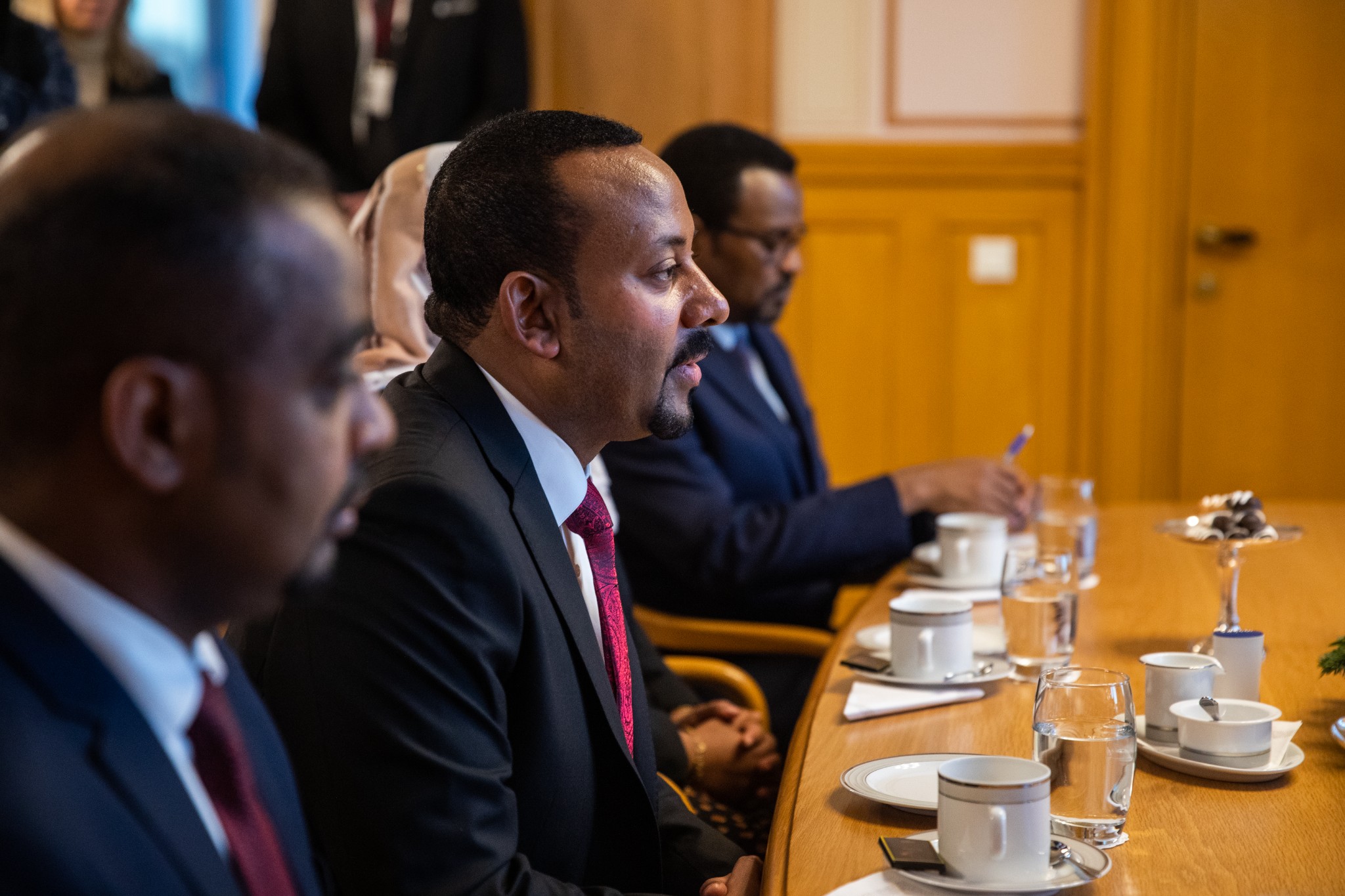 Nobel Peace Prize Recipient Abiy Ahmed Ali | Credit: Stortinget
Nobel Peace Prize Recipient Abiy Ahmed Ali | Credit: Stortinget
Ethiopia’s Peace Process: Permanent Peace or Political Ploy?
On Saturday, January 29, 2022, Tigray’s Regional President and Chairman of the Tigray People’s Liberation Front (TPLF), Debretsion Gebremichael, commented optimistically on the ongoing conflict in Ethiopia, stating, “We have started talks; with the federal government …there are signs of improvement.” Relief cannot come soon enough to those facing a humanitarian crisis in the region. According to the United Nations (UN), conflict in Ethiopia’s northern Tigray region has left millions displaced and 90% of the population in need of humanitarian assistance. Intensive infighting could exacerbate growing ethnic divisions that threaten to break apart the country and destabilize the entire Horn of Africa if peace processes do not come to fruition.
The Current Situation
This past June, Abiy Ahmed’s Prosperity Party won landslide victories in regional elections not touched by conflict. This fueled the resolve of rebel groups that pushed federal forces out of the province and advanced to within 80 miles of the capital. This clash with government troops ultimately pushed the TPLF back into Tigray, resulting in the current ceasefire and a possible opening for a permanent truce or peace process.
Permanent Peace or Political Ploy?
On December 29, 2021, Ethiopia’s Parliament voted overwhelmingly to establish a new Commission for National Dialogue to foster discussion and unity around problems long plaguing the country. Some in the international community see the commission as an essential and potentially groundbreaking initiative that could not only end the war in Tigray but also serve as a way to build consensus around its political system and national identity. Recently, Antonio Gutierrez, secretary-general of the UN, said, “I am delighted that after over a year of armed conflict… there is now a demonstrable effort to make peace.”
Despite this optimism, overestimating the chance for success of Ethiopia’s peace process is a mistake. The international community should reserve doubt given Prime Minister Abiy’s actions over the past 15 months and the possible hidden agenda of the commission itself. In the past three years, Prime Minister Abiy went from preaching peace and unity to declaring victory in military offensives against his own people. Federal forces are under investigation for crimes against humanity and his government held illegitimate elections where more than 76 constituencies out of 547 could not cast ballots because of disruptions from the current conflict. Within the parameters of the commission, there is a lack of legitimacy, given that there is no intention to include TPLF or the Oromo Liberation Army (OLA) in negotiations. A peace process that does not include all parties involved in a conflict has little hope of long-term sustainability if both sides do not meet to discuss, debate, and come to a consensus on problems that sparked a war in the first place.
Experts on the conflict also question Prime Minister Abiy’s intent. Given the international pressure, he may use Ethiopia’s peace process as a political ploy to appease the international community and increase his political authority. Additionally, the commission’s purpose and processes are vague and do not explicitly focus on a ceasefire or a cessation of hostilities with the TPLF or the OLA. Abiy’s likelihood to use the commission to create substantive national change is unlikely given his democratic backsliding, seen in his arrests of political opposition, limitations placed on journalism and reporting, and his centralization of power over the past two years.
The Way Forward
Ethiopia’s decision to create a Commission for National Dialogue on contentious issues will fail to broker peace with the TPLF and OLA. On Saturday, Debretsion presented an openness to giving peace a chance in statements to the BBC. However, Debretision expressed that TPLF’s demands to withdraw all federal and Eritrean troops from the Tigray region and lift the current blockade are nonnegotiable. While talks with the TPLF remain tense at best and become volatile propaganda at worst, Prime Minister Abiy would do best to withdraw federal ground troops as a sign of good faith to help ease current tensions. To gain the legitimacy that current talks lack, he must finally accept the regional and international community’s offer of mediation to ensure that the process is an inclusive and fair dialogue between all parties involved. The African Union and individual countries have repeatedly extended suggestions, including a peace initiative by Kenyan President Uhuru Kenyatta to the Abiy government. Only when peace is achievable does the country have a chance to heal its present wounds and look to the future.
Photo License: https://creativecommons.org/licenses/by-nc-nd/2.0/






